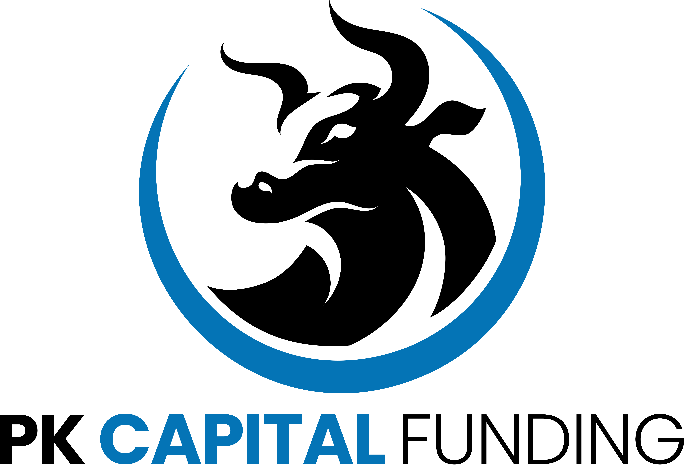
These days, most apps operate on centralized networks. Although centralization is effective, it produces vast amounts of user data that are unnecessarily exposed to marketers, hackers, and other parties who would benefit from your data theft. A blockchain network is made up of several dispersed computers, or nodes, where DApps are kept.
Peer-to-peer solutions, which remove middlemen and stop data gathering by blocking adverts and trackers and give you control over your data and its usage, have gained attention due to data security concerns. DApps can provide companies a competitive edge by lowering the obstacles stopping clients from using services.
Blockchains rely on consensus processes to guarantee transaction authenticity in the absence of a central authority. Verification is the responsibility of the entire network. Blockchain networks cover several nodes, so there isn’t a single point of failure, which makes dApps dependable. Instead, an outage would need the failure of every node at the same time. dApps may also be accessed using standard web browsers.
In an effort to create a more democratized financial paradigm as an alternative to traditional financial services, many institutions are turning to blockchain technology to increase the efficiency of the financial markets. This involves creating parallel services that do not require centralized custody or intermediary fees. Insurance firms have the power to encourage quicker payouts and simpler settlements. Efficient practices in asset trading and settlement, investment, lending, borrowing, real estate, and even healthcare might be unlocked.
It is also true that, in order for dApps to be completely functional for payments in the real world, there has to be regulatory certainty. More definitions and more openness are needed for custody operations, asset and derivatives trading, and automated contract settlements.
What benefits may dApps offer?
Instead than relying on a single server, they run on the processing power of several computers. Users do not need to provide personal information in order to access DApps.
Because dApps are anonymous, they ensure data protection and boost customer confidence. For instance, whereas cloud storage has made information storage for businesses better, data security has suffered as a result.
Data silos can be targeted by malicious people, who can then access business databases.
Apps powered by blockchain do away with this setup and instead make use of distributed computing platforms. It would be difficult, if not impossible, to hack the entire network in order to access stored files. Only those with access to the encryption keys may decode the stored data.
Because there isn’t a single point of failure, they increase consumer privacy, data security, and minimize downtime by lowering application downtime and preventing service interruptions.
Learn the entire tale
It can be inconvenient to access decentralized apps using a private and public key as opposed to a login and password. Additional potential downsides:
It’s challenging to launch a dApp and add new features to promote scalability and maintenance; it’s also challenging to make changes to the source code once it’s deployed. Until every peer on the network upgrades its node software, developers are unable to address faults and make improvements to the system.
Before decentralized finance to significantly replace traditional finance, a number of significant dangers must be addressed. Growth is possible, but there are still a lot of hazards. Central banks and financial institutions are investigating ways to integrate the creative elements of decentralized finance with suitable security measures.
Mandatory basic governance rules are necessary, particularly with regard to risk management. Investors in cryptocurrency and other stakeholders have seen problems associated with lax governance and regulation. Comparing dApps to the early internet era sounds appropriate. Although there is a lot of skepticism and DApps appear largely untested, there is still hope for beneficial breakthroughs.
Networks must become more expansive and interoperable with one another. Since DApps are open source, anybody can inspect their internal workings to make sure no hidden risks exist. If a dApp isn’t up to par, the community may copy and release a substitute, which provides developers with a strong incentive to act fairly—something that isn’t always the case with traditional applications.
This is only a brief overview of a challenging and quickly expanding area. Consult with IT and financial experts to see if dApps are appropriate for you.
